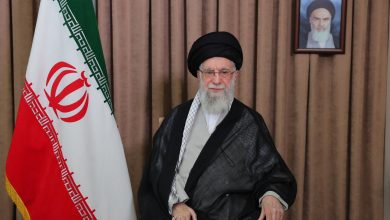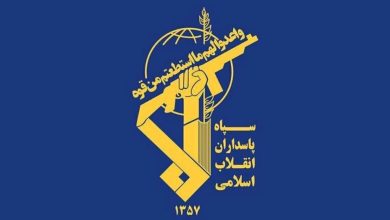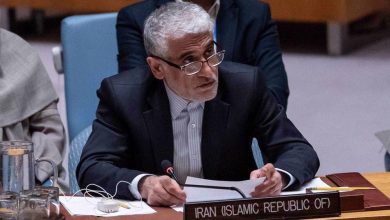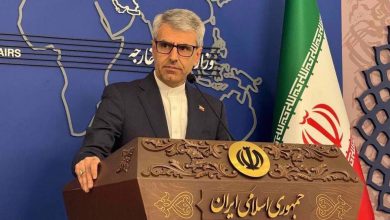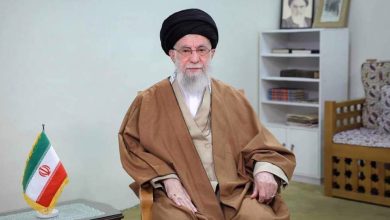West AsiaHuman RightsPalestineWorld News
46 Palestinian martyrs in Gaza in the past 24 hours
The Palestinian Ministry of Health in Gaza announced on Tuesday that the Israeli occupation army committed five massacres against families in the Gaza Strip over the past 24 hours.
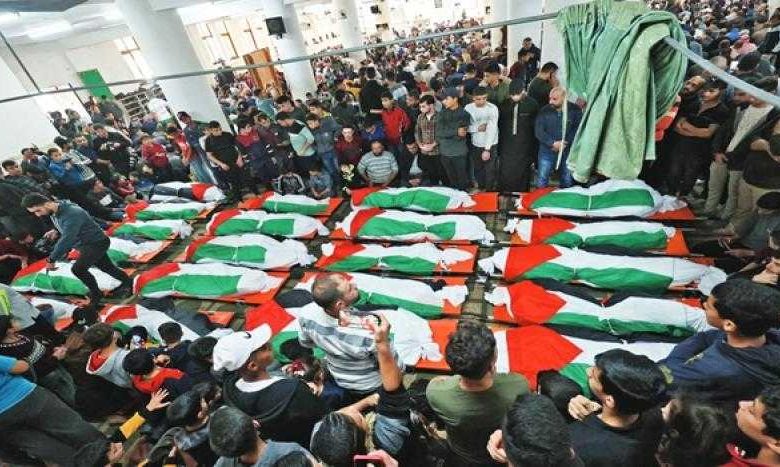
The Ministry confirmed in a press statement that the toll of the ongoing Israeli aggression has risen to 33,843 martyrs and 76,575 injured since October 7, 2023.
The Ministry indicated that many victims are still under the rubble and on the roads, as ambulance and civil defense crews have been prevented by the IOF from reaching them.
For the 193rd day in a row, the Israeli occupation army has been continuing its barbaric aggression against the Gaza Strip, shelling hospitals, houses, mosques, and shelters and blocking the entry of food, water, medicine and fuel.

